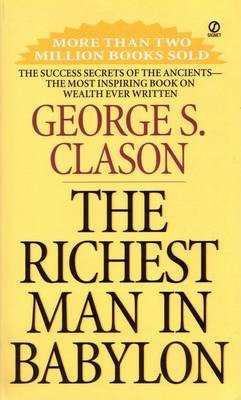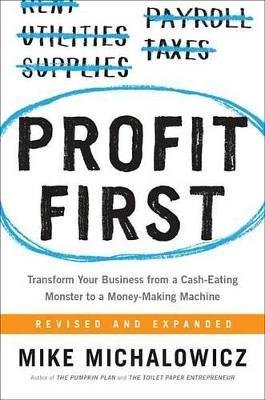Key Wealth Building Principle: Pay Yourself First

I was busy shuffling through some old books on my bookshelf over the weekend and stumbled across the excellent book "The Richest Man in Babylon".
If you haven't read this book, I highly recommend you pick up a copy. It's a very short book, although it does use some fairly archaic language, but the principles are sound and as relevant today as ever.
One of the key principles for building wealth outlined in this book is the principle of:
Pay yourself first.
Like anything worth knowing, it is simple to understand but in practice often easy not to do!
We either forget, we spend all our earnings on expenses or we prioritise debt repayments.
Out of all of these cases, this is especially difficult when we find ourselves in debt. We feel that we need to divert all our earnings into paying down debt as a priority. And then when we look back at the end of the week, month or year, we find that we are no further forward in building our personal wealth.
We find ourselves running just to standstill.
In the book, it is suggested that you put aside 10% of your earnings into a savings or investment account. And this is done week on week, month on month as you build up your own wealth reserves.
Note that this practice is to be carried on regardless of whether you have debt - the principle is that you always pay yourself first. Obviously, you will need to meet your minimum payment requirements or negotiate a payment plan but wherever possible you should be aiming to put aside a small amount - even if it's just 1% of your earnings or $1.
It is interesting to note that Dave Ramsey in his wealth teachings suggests that one of the first things that folk should do is to save up a savings balance of $1,000. Here is 'Pay Yourself First' in action.
His rationale is that if you have an emergency bill then you should have the necessary cash put aside to be able to settle that bill without having to incur (further) debt.
Adopting the Pay Yourself First principle requires a huge mind shift.
We see something similar in the book "The Profits First". Another book that is well worth reading. This book is aimed at business rather than individual wealth, but the principle is the same.

'Profits First' suggests that rather than adopting the traditional model of:
Sales - expenses = profit
Instead, you apply the principle of:
Sales - profit = expenses
So in this case you are prioritising your profits ahead of expenses.
Whatever is left after your target profit is met, that is what you have left to spend on expenses. How many businesses operate with this mindset? Very few, in my experience.
Such an important discipline, yet applied by so few.
Have a think about how you can apply the Pay Yourself First principle both in your personal and business lives.
Posted Using LeoFinance Beta